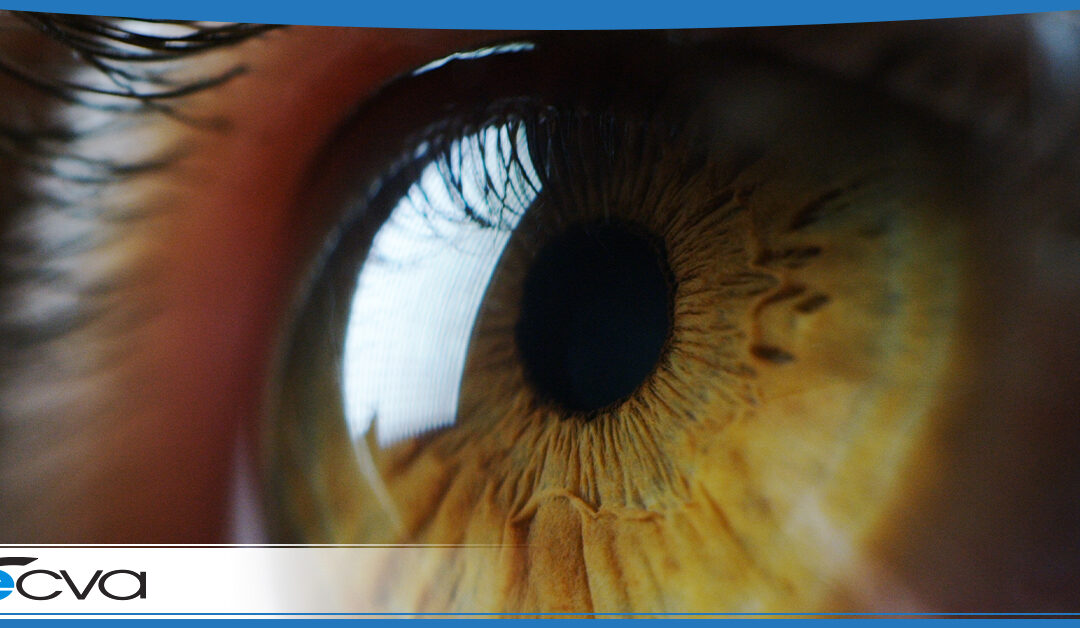
by ecvaeyeadminz | Sep 25, 2020 | Eye Health
Previously, we’ve discussed the signs and symptoms of macular degeneration and treatment options available through your eye doctor. While it’s important to understand the kind of changes that can indicate macular degeneration, ensuring you seek...

by ecvaeyeadminz | Sep 25, 2020 | Eye Health
Previously, we’ve discussed the signs and symptoms of macular degeneration and treatment options available through your eye doctor. While it’s important to understand the kind of changes that can indicate macular degeneration, ensuring you seek...
by ecvaeyeadminz | Sep 10, 2020 | Eye Health
Many people have grown up knowing certain vision “facts.” They may have heard them from their parents as a child, passing the tidbit of vision along to their children as their parents did with them. However, some of this vision “wisdom” may or may not be...

by ecvaeyeadminz | Sep 10, 2020 | Eye Health
Many people have grown up knowing certain vision “facts.” They may have heard them from their parents as a child, passing the tidbit of vision along to their children as their parents did with them. However, some of this vision “wisdom” may or may not be...




